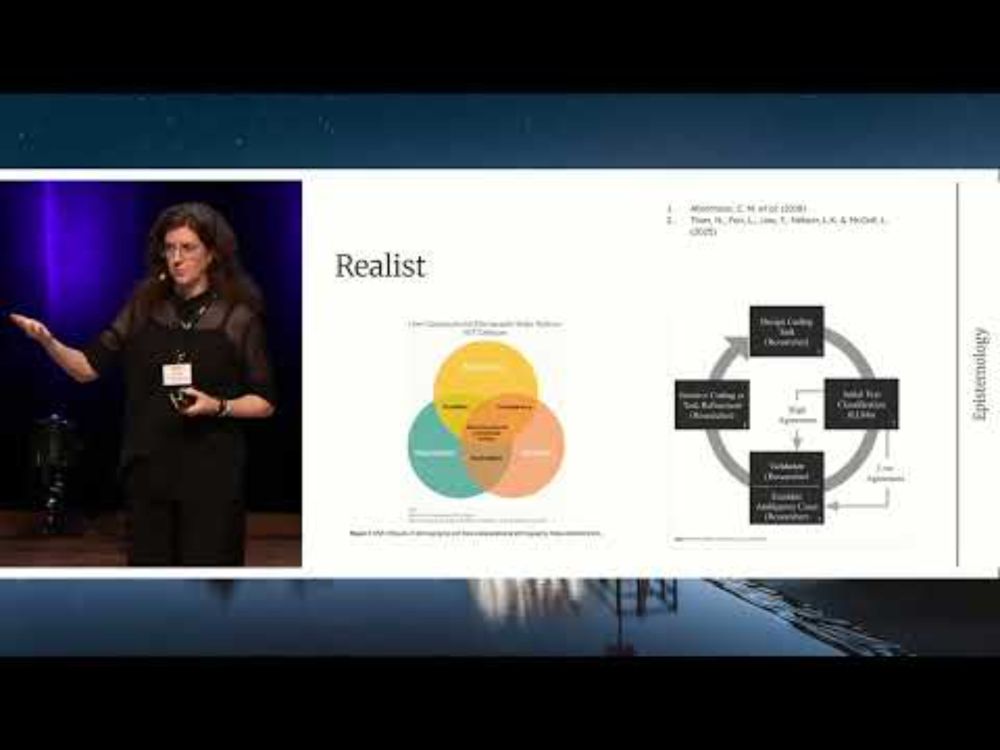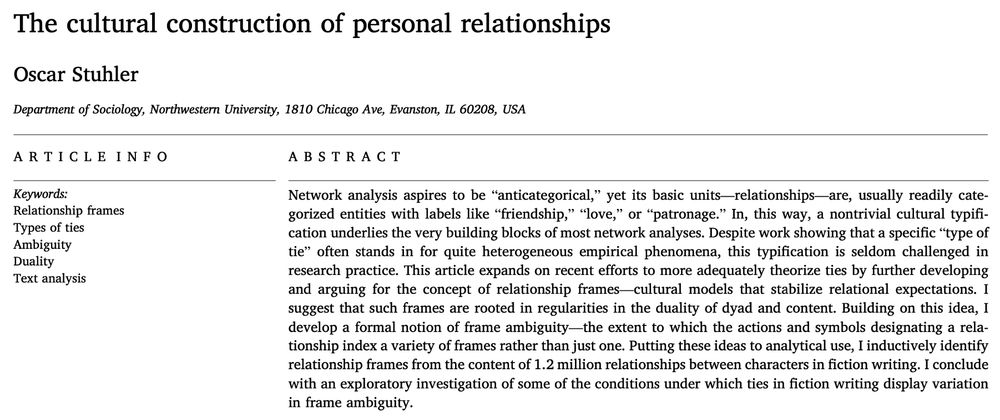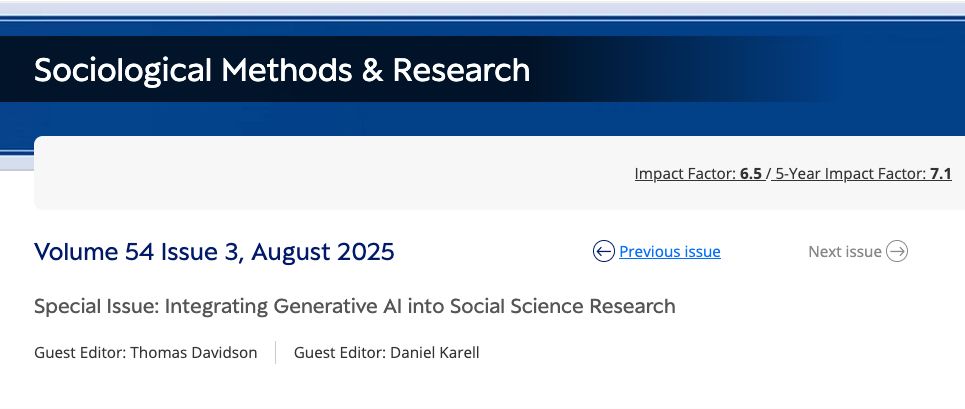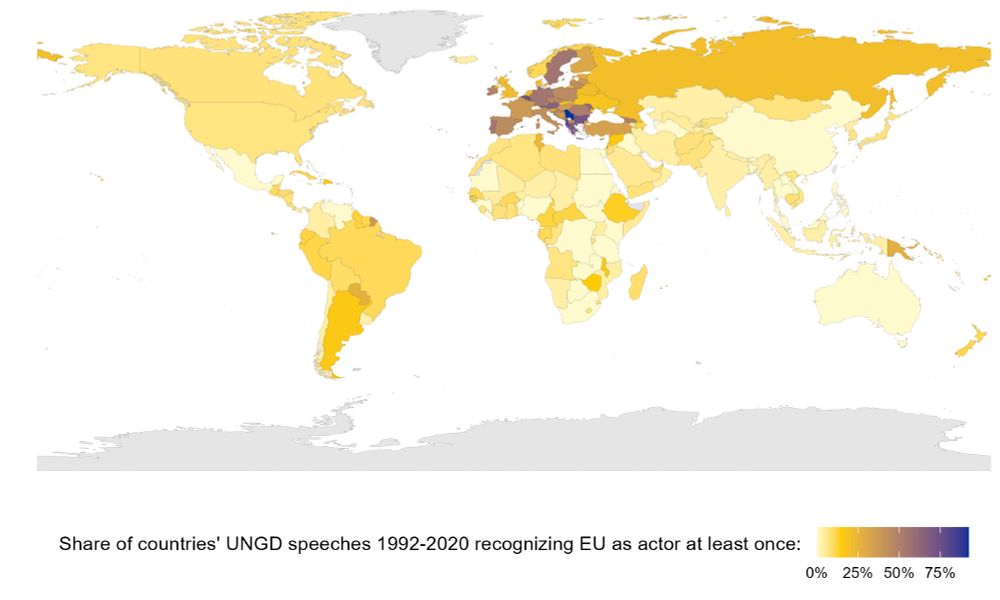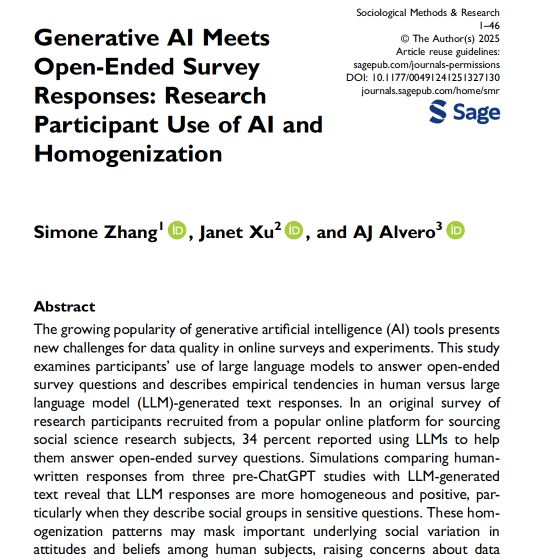Oscar Stuhler
@oms279.bsky.social
2.5K followers
590 following
44 posts
Assistant Professor of Sociology at Northwestern
Culture, political sociology, NLP, social networks, computational social science
oscarstuhler.org
Posts
Media
Videos
Starter Packs
Pinned
Oscar Stuhler
@oms279.bsky.social
· May 7
Reposted by Oscar Stuhler
Reposted by Oscar Stuhler
Oscar Stuhler
@oms279.bsky.social
· Aug 7
Oscar Stuhler
@oms279.bsky.social
· Aug 7
Reposted by Oscar Stuhler
Reposted by Oscar Stuhler
Benjamin Rohr
@benjaminrohr.bsky.social
· Jul 18
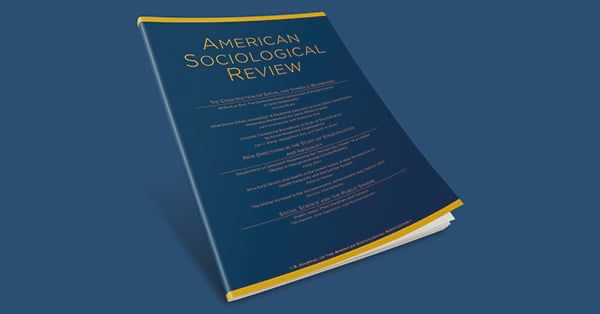
The State and the Emergence of the First American Party System: Roll Call Voting in the New York State Assembly during the Early Republic - Benjamin Rohr, John Levi Martin, 2025
Prevailing theories about the nature and development of the democratic party system fail to account for the important case of the United States. Using a novel d...
doi.org
Reposted by Oscar Stuhler
Étienne Ollion
@eollion.bsky.social
· Jul 21
Reposted by Oscar Stuhler
Reposted by Oscar Stuhler
Ted Underwood
@tedunderwood.com
· Jun 25
The impact of language models on the humanities and vice versa
Nature Computational Science - Many humanists are skeptical of language models and concerned about their effects on universities. However, researchers with a background in the humanities are also...
rdcu.be
Reposted by Oscar Stuhler
Hannah Waight
@hwaight.bsky.social
· Jun 18
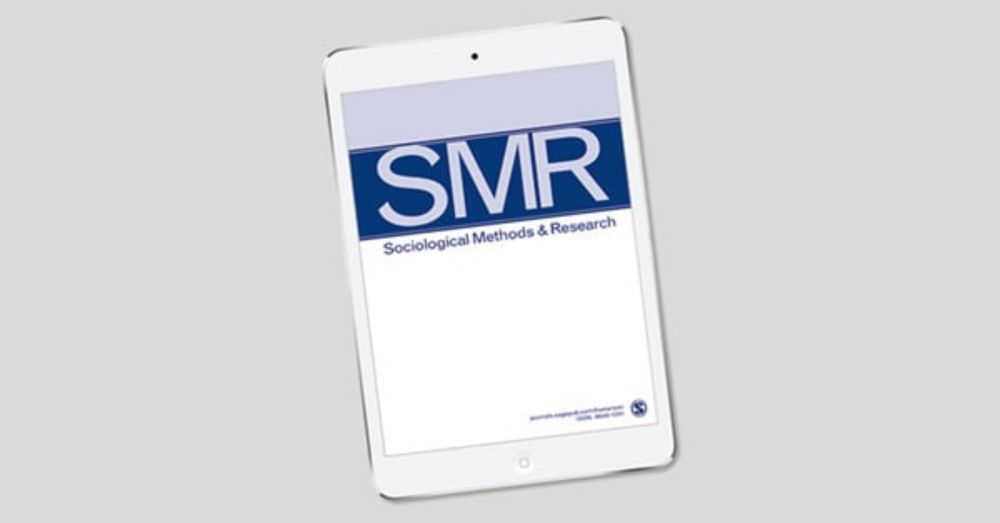
Quantifying Narrative Similarity Across Languages - Hannah Waight, Solomon Messing, Anton Shirikov, Margaret E. Roberts, Jonathan Nagler, Jason Greenfield, Megan A. Brown, Kevin Aslett, Joshua A. Tuck...
How can one understand the spread of ideas across text data? This is a key measurement problem in sociological inquiry, from the study of how interest groups sh...
journals.sagepub.com
Reposted by Oscar Stuhler
Reposted by Oscar Stuhler
Reposted by Oscar Stuhler
Reposted by Oscar Stuhler
Reposted by Oscar Stuhler
Oscar Stuhler
@oms279.bsky.social
· May 7

From Codebooks to Promptbooks: Extracting Information from Text with Generative Large Language Models - Oscar Stuhler, Cat Dang Ton, Etienne Ollion, 2025
Generative AI (GenAI) is quickly becoming a valuable tool for sociological research. Already, sociologists employ GenAI for tasks like classifying text and simu...
journals.sagepub.com
Oscar Stuhler
@oms279.bsky.social
· May 7








